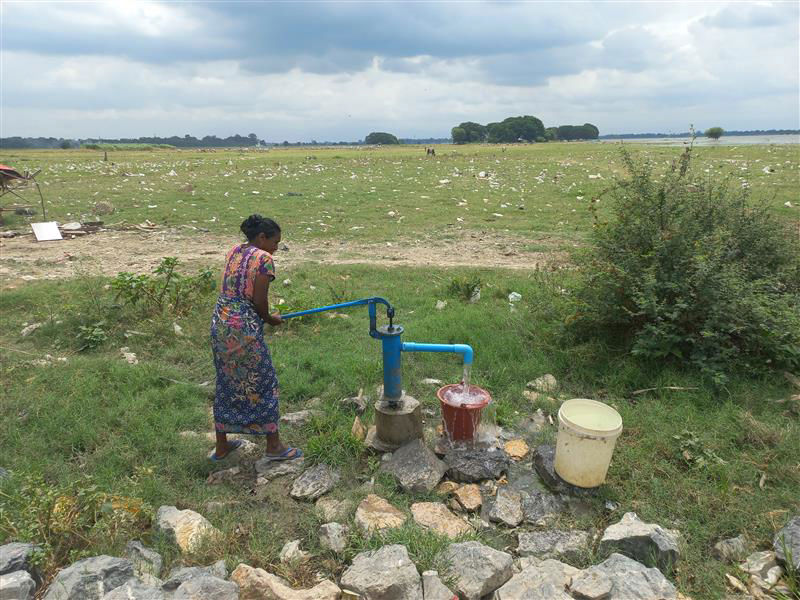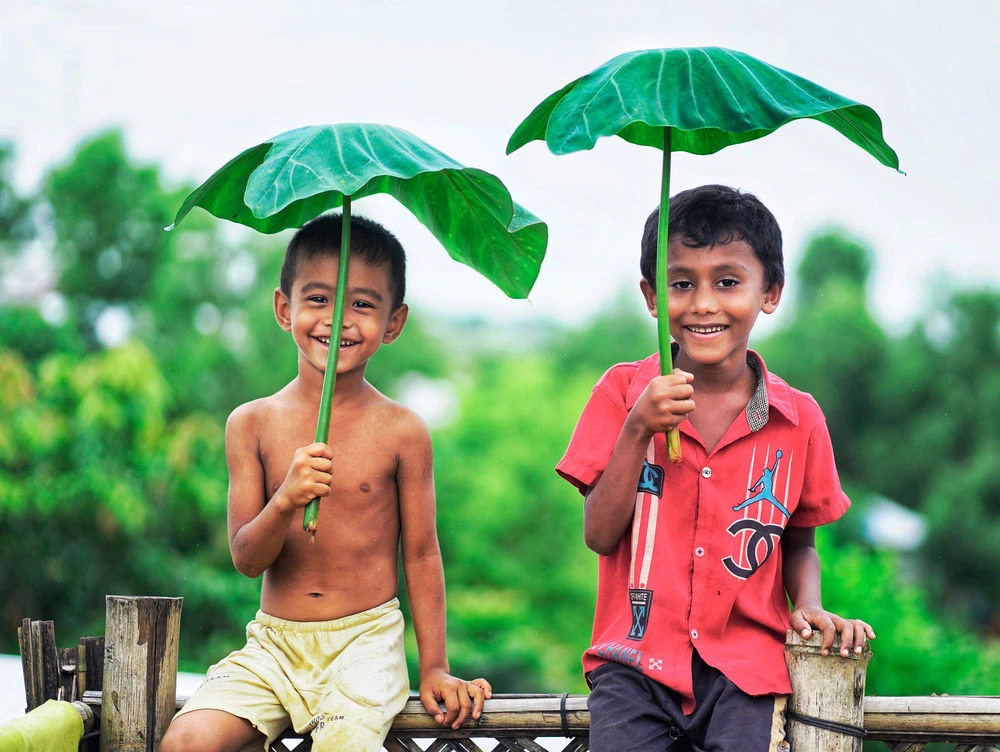After three months of effort to support the communities affected by the devastating earthquake in central Myanmar, Médecins Sans Frontières (MSF) has concluded the emergency phase of its response in the most affected areas – Mandalay, Sagaing and Southern Shan regions, particularly in Inle Lake.
The distribution of relief kits – aimed at helping communities to maintain hygiene, support everyday life, and begin rebuilding their homes – has concluded. Group sessions to provide emotional support and raise health awareness, conducted alongside the distributions, have also come to an end.
Lack of clean water and proper sanitation can lead to poor hygiene and increase the risk of waterborne diseases outbreaks, especially in crowded settings. During the three-month emergency response, MSF distributed 6042 relief kits to address urgent needs, provided 2200 shelter kits, drilled 278 boreholes (6 still in progress), installed 6 water treatment systems, and set up more than 30 sanitation facilities – including hand washing points, latrines and waste management structures in hospitals. As nutritional support to Drug Resistant Tuberculosis patients were provided 3782 sachets of Plumpy’Nut.
A powerful earthquake struck Myanmar at the end of March and, according to UN OCHA, 3,800 people lost their lives, 5,100 were injured, 116 remain missing, and around 207,000 were displaced nationwide. More than 55,000 homes, 2,600 schools, and 300 medical facilities were damaged or destroyed, along with critical infrastructure – including water sources – leaving many communities facing challenges in accessing essential services.
While the emergency phase has concluded, MSF remains present in the affected areas to support resilience and early recovery efforts. In Mandalay and Nyaung Shwe (Southern Shan State), where water and sanitation systems were severely damaged by the earthquake and many communities lost access to safe water, MSF teams continue working on the restoration of sustainable supply of clean water. In the Inle Lake area of Nyaung Shwe township, they are installing a water pipeline from Wat Ta Kin monastery water source to Kaylar village. The construction is expected to be completed by September and will provide potable water to more than 5,000 residents.
Throughout the response, MSF coordinated closely with national and international stakeholders to optimise resources, maximise impact, and prevent duplication of service. Despite the disaster, the solidarity demonstrated by the community, was remarkable. Individuals not directly impacted have come forward to assist those who have lost everything. Responding to an emergency is not just about addressing immediate need but about providing sustainable and locally adapted solutions that reduce the community’s burden in the long-term. Therefore, MSF's work has focused on laying the groundwork for sustainable sources of clean water, proper shelter and emotional health support for the community which are all key to helping communities recover from large-scale disasters.



